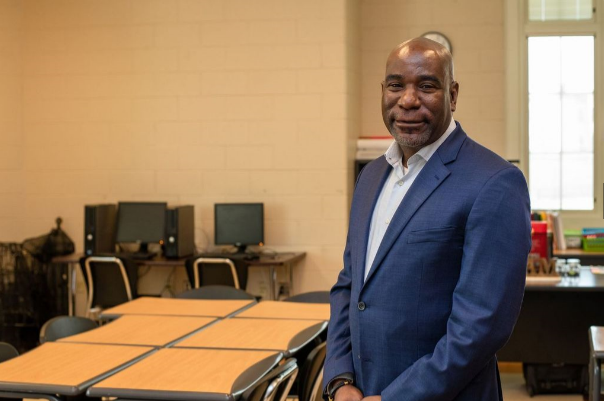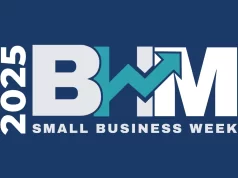By Haley Wilson
The Birmingham Times
Mark Sullivan, Ed.D., superintendent of Birmingham City Schools (BCS) spoke to The Birmingham Times about the upcoming school year, which starts on August 2. He shared his thoughts about plans for the first day of school, how the system managed during the COVID-19 pandemic, and the new technology now in place for the district. Here are some excerpts from the interview.
The Birmingham Times: Let’s start with your announcement Tuesday that face coverings will be required in all schools and facilities.
Dr. Mark Sullivan: “Birmingham City Schools has updated its guidelines on masks and face coverings following the new recommendations from the Centers for Disease Control and Prevention. As the number of COVID-19 cases increases throughout the country, the CDC is recommending that everyone wear masks or face coverings in school buildings to help mitigate the spread of the virus. We follow the science-based recommendations from medical and public health professionals. Our goal is to provide a safe and healthy environment for our students and our employees.”
BT: Talk about the impact of the pandemic on the school system, teachers and families.
Dr. Sullivan: “As far as our staff, our custodians, our bus drivers, our teachers, all of our workers, this has been a very difficult year. In our school district, we have lost five employees. Many of our students and employees have lost family members through this pandemic, and they have continued to come to school and work. … Everyone at BCS has committed themselves. Our custodians have worked every day. Even during the virtual period, our bus drivers have driven buses every day. Our workers provided meals, thousands of meals, even though school was shut down. So, I would like to say to all of them, ‘Thank you for all of your hard work. When school starts back, we’ll be back and better than ever!’”
BT: How did you address the summer slide that students often face?
Dr. Sullivan: “I’ve been a teacher and I’ve been a principal, and schools talk about the summer slide every year. The summer slide occurs when students who are out of school and typically not engaged in summer activities lose much of what they’ve learned the previous year. So, schools and teachers have to spend the first three weeks, four weeks remediating kids for things they had been taught the previous spring. … One of the things we wanted to do was provide activities and enrichment to our students, … and do it at no cost to the students.”
BT: What were some of those activities this summer?
Dr. Sullivan: “We partnered with local agencies to ensure that we had as many kids as possible involved in summer programs and give them a springboard for starting school off right in the fall. We’re glad to say that we’ve had more students in summer school than we’ve ever had, percentage-wise. We had nearly 4,000 students, … and another 1,900 students in our literacy camps, which are programs to prepare students in kindergarten through third grade for the third-grade literacy test. (Alabama law requires teachers to test the reading level of children K-3 at the beginning, middle and end of each school year).
BT: What were some of the lessons from the past year?
Dr. Sullivan: “We started school last summer, when the number of positive [COVID-19] cases was around 14 percent [for the city] at the time, so we decided to go virtual when we started school, meaning teachers were teaching [via the online videoconference platform Zoom] and our kids were at home. … We did that until October, when the cases went down to under 10 percent, and we brought our kids back from October until December. Then [positive] cases went up to like 21 percent [for the city] in January, so we went back to virtual. Basically, our students did not have consistent instruction for the whole academic year, so we were determined to make our summer programs strong and robust.
BT: How important has it been for students to be in classrooms this summer?
Dr. Sullivan: “All of our programs are tied to standards, so kids are learning what they’re supposed to learn at that particular grade level. … The pandemic has been horrible in a lot of ways, but one of the bright spots is that we have technology that we would not have had prior to the pandemic. … We bought $10 million worth of devices for our kids, and every student has a device, whether that be a Chromebook, iPad, or a Dell laptop. … We also learned that a large percentage of students did not have internet access. We conducted a survey and found that about 25 percent of our kids either didn’t have internet or didn’t have a device at home; many just had a phone and really couldn’t do their work. So, we spent $2 million on hotspots for students. … If there is any bright spot to [the pandemic], it has accelerated our technology program, so our kids are familiar with this digital environment. They are on par, as far as technology is concerned, with the Over the Mountain schools or wherever they have the latest generation tablets. Our students have laptops, they have Chromebooks. … We didn’t have these for every student prior to the pandemic.”





